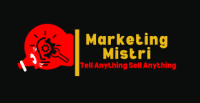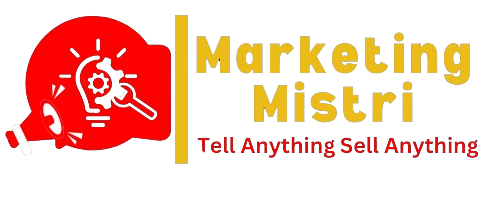10x Sales: Proven Digital Marketing Strategies for Any Business
4 Digital Marketing Strategies To Increase Sales Revenue For Any Business In 2024 In today’s digital world, everyone’s glued to their screens, and that’s where your business needs to be too. Digital marketing is the way to get into your customer’s consideration. It lets you overcome the limitations of traditional advertising and reach a massive audience online, no matter where they are in the world. So leave old-school tactics and keep reading to discover four essential Digital Marketing Strategies that will have your business revenue 10 times more. Increase Sales With 4 Powerful Digital Marketing Strategies Cracking the code of your digital marketing strategy begins with truly knowing how it works. The right digital marketing strategy is your roadmap to success. It helps you make smart decisions that drive real results, not just vanity metrics. Once you understand the basics, the rest will be easy to implement! The right tools, processes, and team will propel your efforts to new heights. Let’s look into 4 proven ways digital marketing tactics can turn website visitors into loyal customers! Your content shouldn’t be just another sales pitch. Rather address the needs and interests of your target audience. Offering actionable tips and insights solutions to their biggest pain points should be the focus. Don’t expect instant results, though. Think of content marketing as a marathon, not a sprint – consistent effort is key. Novel content is the “extras” that complement your traditional blog posts, articles, ebooks, and videos. Polls, quizzes, and contests are fantastic ways to spark engagement. The crucial element is to keep it relevant to your business and watch the conversation flow! Social media isn’t just for entertainment anymore! It’s where your ideal customers are chilling online, chatting with friends, and maybe even looking for businesses like yours! Many platforms let you seamlessly combine paid ads with organic content like blog posts, Social Media Marketing , videos, and website links. This helps to maintain a well-rounded marketing strategy. While your overall branding should be consistent, tailor your profiles to fit the vibe of each platform. Who wants a super serious business profile on TikTok, right? Video marketing is booming and is expected to get bigger. Live and branded videos are trendy ways to engage viewers, who can even participate in live sessions. Are you on a tight marketing budget? Well, you don’t need a Hollywood film crew to get started. A smartphone and some free editing apps can work wonders. Optimizing your video for search with relevant keywords and a catchy title will also boost views on YouTube. There’s a lot of video content out there, so make yours unique to stand out from the crowd. Google My Business lets you tell your story and showcase your uniqueness. Update your listing with your latest offers, irresistible photos, and positive customer reviews. It’s like having your digital storefront, open 24/7. The best part? Google My Business is completely free of any costs. While there are other ways to climb the Google Search ladder, GMB optimization offers a distinct advantage – it’s a user-friendly tool packed with benefits: Best Digital Marketing Solutions What separates good digital marketing from great? It’s not just about investing money in the problem. It’s about showcasing the value you provide and solving real problems for your target audience. That’s where Marketing Mistri gives you The Best Digital Marketing Services excels at. We understand that authenticity is key to building trust and relationships with your customers. Ready to take your sales to new heights? Contact Marketing Mistri today for a free digital marketing consultation and boost your sales 10 times.

